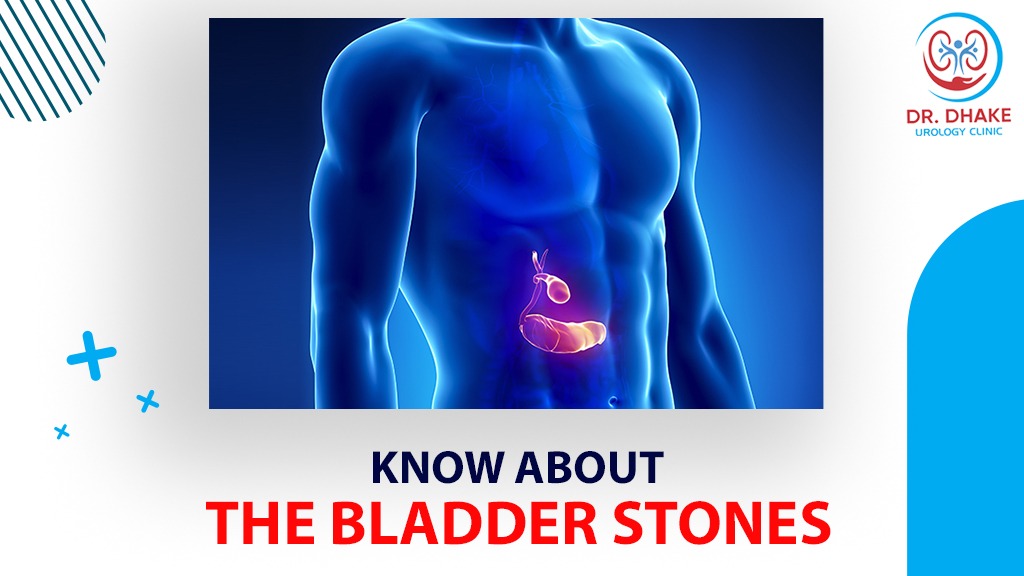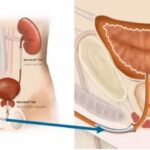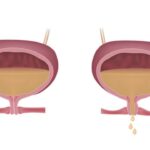
Bladder stones, also known as urinary calculi, are hardened mineral deposits that form in the urinary bladder. They can be made up of various substances, including calcium, magnesium, and ammonium, and can vary in size from small grains to large pebbles.
Symptoms of bladder stones may include pelvic pain, difficulty urinating, blood in the urine, and frequent urination. If left untreated, bladder stones can cause infection, damage to the bladder and urinary tract, and obstruction of the flow of urine.
There are a number of factors that can increase a person’s risk of developing bladder stones. These include: –
Dehydration:
When a person does not drink enough fluids, their urine becomes more concentrated, which can lead to the formation of stones.
Urinary tract infections:
Certain types of bacteria can promote the formation of stones. –
Urinary tract abnormalities:
Some people are born with a structural defect in their urinary tract that can increase their risk of developing stones
Certain medical conditions:
Certain medical conditions such as gout, high blood pressure, and diabetes can also increase a person’s risk of developing bladder stones.
Bladder stones can be diagnosed through a physical examination and imaging tests such as X-rays or ultrasounds.
Treatment for bladder stones varies depending on the size, location, and number of stones present. Small stones may be able to be passed naturally through the urinary tract. Drinking plenty of water and taking pain medication can help ease any discomfort. In other cases, surgery may be necessary to remove the stones. In some cases, surgical procedures such as cystoscopy or ureteroscopy may be used to remove stones.
To prevent bladder stones, it is important to stay hydrated, urinate regularly, avoid foods that are high in oxalates, like spinach and beet greens, and limit the intake of salt and sugar. In addition, it is recommended to maintain a healthy weight and regularly check with the doctor and follow their advice for the management of underlying conditions like diabetes, and blood pressure.
How Are Bladder Stones Treated?
Once identified, bladder stones can be treated endoscopically or with open surgery.
Endoscopic Method
During this treatment, the doctor will slide a small, metallic tube called a cystoscope into your urethra and your bladder. The camera and light source at the tube’s other end allow you to see your bladder’s inside on a screen. The stone is then cut into smaller pieces using either a laser (holmium laser) or an energy source based on ultrasound. After the treatment, the small stone fragments are eliminated, and a urinary catheter is inserted into the bladder. Within a day or two, the catheter can be removed.
Open Surgical Method
The urologist may conduct open cystolithotomy when the stone is particularly large, there are several large stones inside the bladder, or the urethral canal is exceedingly small (stricture urethra). A small incision is made in your lower abdomen during this surgery, then the bladder is opened underneath your eyes and the stones are removed. After that, an absorbable suture is used to close the bladder wound, and a urethral catheter is retained in place for ten to twenty days.
In conclusion, bladder stones are hard mineral deposits that can form in the urinary bladder and can cause serious complications if left untreated. Drinking plenty of water and avoiding foods high in oxalates can help prevent bladder stones. If you suspect you may have bladder stones, it is important to see a healthcare provider for proper diagnosis and treatment.




